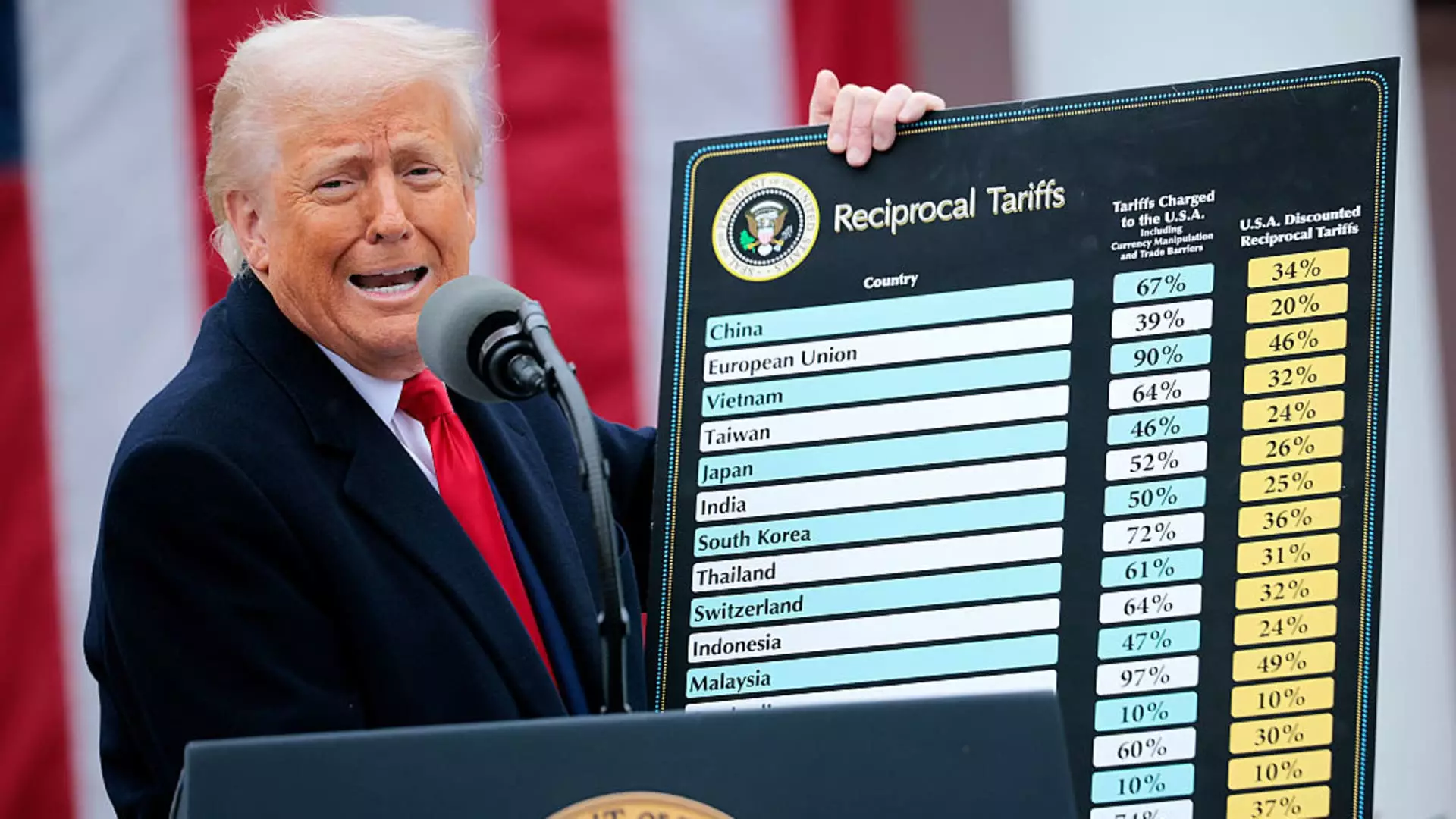In a landmark ruling that sent shockwaves through the corridors of power, a federal court decisively challenged President Donald Trump’s implementation of sweeping reciprocal tariffs. This was not merely a legal dispute; it was a critical blow to an economic strategy that had been at the forefront of Trump’s administration. The judges articulated a clear message: the International Emergency Economic Powers Act (IEEPA) of 1977 does not confer the unchecked authority that Trump claimed. This ruling serves as a wake-up call, signaling that the exercise of executive power is not absolute, especially when it infringes on the economic stability and fairness that American businesses rely upon.
The Legal Basis and Its Shortcomings
The court’s assertion that the tariff orders “exceed any authority” granted by the IEEPA highlights a fundamental misunderstanding of economic warfare. By classifying tariffs as a defensive strategy against foreign threats, Trump’s administration attempted to wield a sledgehammer on perceived adversaries while neglecting the wider implications for U.S. businesses. The judges pointedly noted that these tariffs did not address the specific threats outlined in the orders, revealing a glaring inconsistency in Trump’s justification. It’s as if the eagle-eyed judges recognized that the tariffs were an emotional reaction rather than a calculated economic strategy.
The Impacts on U.S. Businesses
The ruling came on behalf of five American businesses reliant on imports, but its implications resonate far beyond just these plaintiffs. With every action comes a reaction, and Trump’s tariffs have already shaken the foundations of many industries unprepared for such sudden shifts. Economies are not monolithic; they are intricate webs woven from countless transactions. As the judges clarified, these tariffs were unlawful not just to the few plaintiffs, but to all, igniting concerns about the broader economic ramifications. Companies that invested in global supply chains, confident in a predictable trading environment, now face uncertainty and disruption.
The Political Repercussions
While Trump’s team may view an appeal as a viable path, this ruling throws a wrench into the machinery of his economic agenda. Every day that Trump impulsively announces new tariffs, he risks losing the trust of both allies and adversaries. The political environment is already fraught with tensions, and each unilateral action without congressional support weakens the foundations of cooperative governance. This court decision underscores that unchecked presidential power can lead to economic chaos, ultimately alienating essential stakeholders within the very economy that Trump professes to protect.
A Moment for Reflection
As we witness the unfolding aftermath of this ruling, it’s essential to engage in a national dialogue about the limits of executive power in economic policy. Should a single individual possess the authority to disrupt markets and industries at will, or should such decisions undergo rigorous scrutiny? The court’s intervention is a profoundly democratic act, reinforcing the principle that no one is above the law—especially not the president. Perhaps this ruling will galvanize a renewed push for collaboration and dialogue rather than unilateral decisions, setting a more balanced and thoughtful approach to U.S. economic policy moving forward.


Leave a Reply